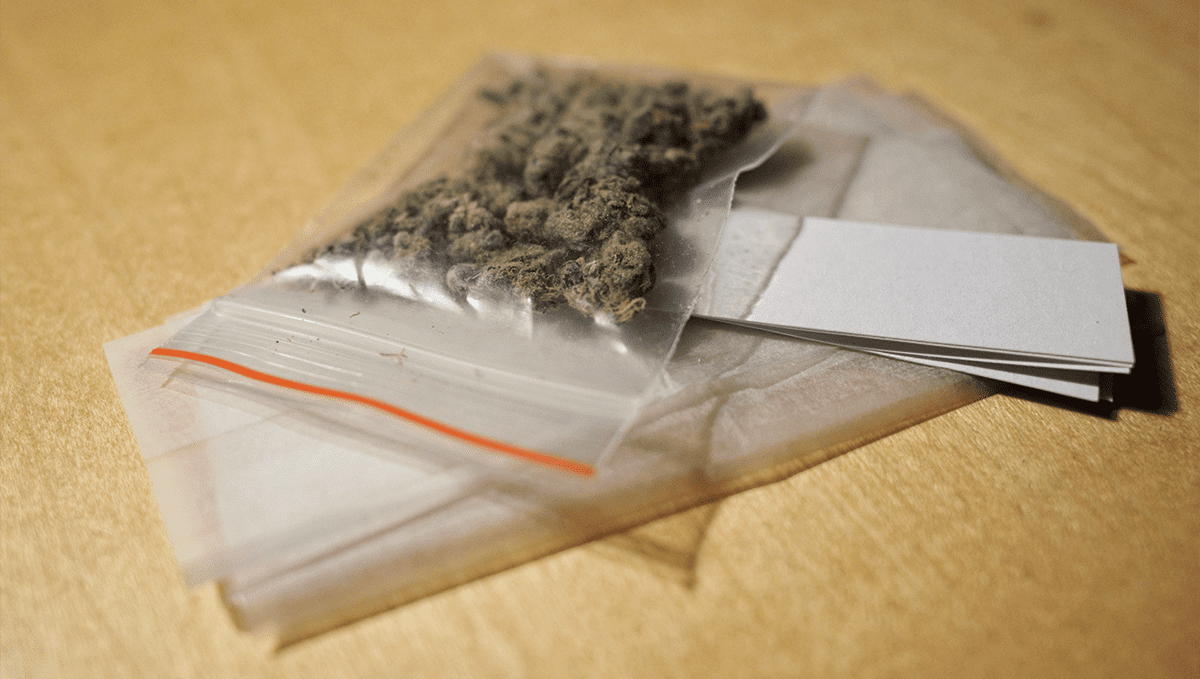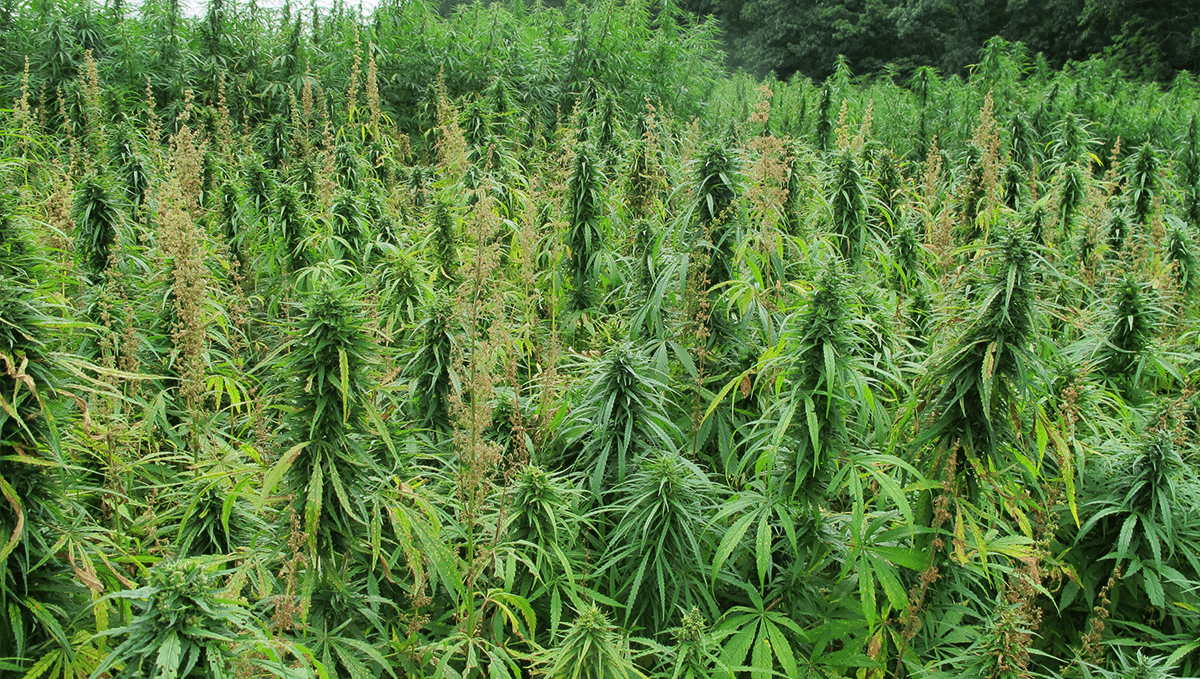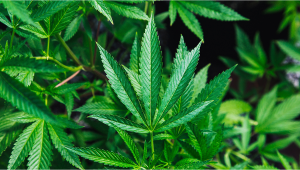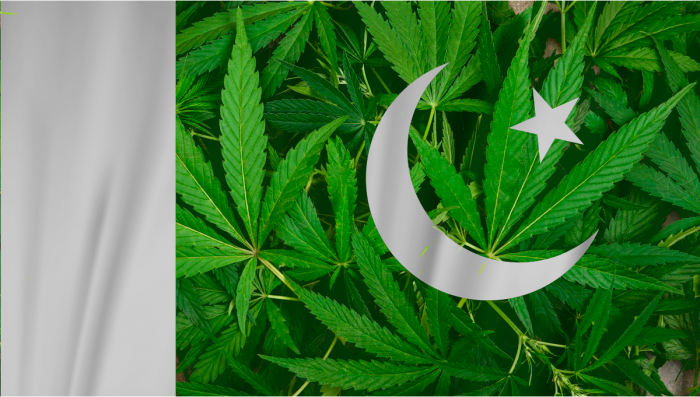Weed in Turkey: Cannabis Legal Status Guide

- 1. Cannabis laws in turkey
- 1. a. Possession
- 1. b. Sale
- 1. c. Growing
- 2. Is cbd legal in turkey?
- 3. Is it legal to send cannabis seeds to turkey?
- 4. Medicinal cannabis in turkey
- 5. Industrial hemp in turkey
- 6. History and politics
- 6. a. Politics
- 7. Good to know
One of Europe's most popular tourist destinations, Turkey, is a uniquely transcontinental country located primarily in the Anatolian Peninsula in Western Asia, with an additional area in the Balkan Peninsula of Southeast Europe. Istanbul, the country's largest city and the crossroads between Europe and Asia, has a long history of travel and trade. The use of weed in Turkey, specifically in the shipping industry, dates back centuries, when hemp-derived ropes, sails, and other materials were produced on Turkish shores. However, today things are a little different in Turkey's weed laws. In this article, we will take a closer look at Turkish cannabis laws, history, and politics while answering the most pertinent question: Is weed legal in Turkey?
1. Cannabis Laws in Turkey
Like most countries in the region, the Turkish government is strictly opposed to the use of cannabis for recreational purposes. So let's take a closer look at the particulars of Turkish law as it pertains to cannabis possession, sale, and cultivation.
Possession
Anyone found to be possessing cannabis in Turkey should expect some serious repercussions. Under the Turkish Penal Code, anyone possessing even small quantities of cannabis can expect a prison sentence. This sentence can range between two and five years, although there are possibilities for offenders to avoid jail time. Typically, those caught with cannabis can avoid prison if they agree to undergo a treatment program under probation. In addition, anyone who first contacts a doctor to request addiction treatment can avoid legal consequences as the medical practitioner is not legally obligated to report the offense to the relevant authorities. However, anyone who falls foul of the law on more than one occasion will not be afforded such alternatives, with a prison sentence instead issued. Furthermore, anyone found to be in breach of their probation agreements will be handed a jail term.

While it is certainly preferable that people avoid prison, the fact that those caught with even small amounts of cannabis are treated as drug addicts and criminals remains dispiriting. Yet, with other countries in the region much more hard-line in their approach to cannabis usage, we should be thankful at least that the Turkish authorities take a somewhat softer approach than their regional counterparts. Despite the plant's illegality, studies from Istanbul University that analyzed wastewater from 14 sewage treatment plants indicated that illegal substance use is rife in a city of some 17 million people. According to the analysis, Istanbul has the second highest level of substance consumption globally, behind only canna-friendly Barcelona. The research also indicated that cannabis was the most widely consumed “drug” within the city.
Sale
Sales of cannabis are also considered a serious crime, and anyone caught selling the plant can expect a range of harsh punishments. Unfortunately, anyone found to be involved in either the importing or exporting of weed in Turkey will be going to prison for a long time. Sentences of between 20 and 30 years are typical, while anyone guilty of selling the plant within the country can expect a minimum sentence of ten years. Sentences ranging from 15 to 20 years can be expected in cases where:
- Cannabis is sold to minors
- The offender works in a position of authority, such as a doctor or teacher
- If the product is of a synthetic nature
- While these sentences are absurdly draconian in nature, the issue of drug trafficking, including that of cannabis, is one that has historically proven to be a serious issue for the Turkish government.
Because of its unique locus, Turkey finds itself as a vital gateway between many of the drug-producing nations on its borders and the dealers and customers waiting in Europe. As such, the Turks have faced considerable pressure to reduce and control the trafficking issue from foreign allies. Yet, with that being said, near-life sentences for the distribution of a plant that has never been known to kill a human seem beyond understanding in the year 2022.
Growing
While cannabis remains illegal and cannot be grown for personal consumption, changes to the law in 2016 now give provisions for the cultivation of cannabis for medical purposes only. This is strictly controlled, and anyone found to be cultivating cannabis illegally can expect stiff sentences like those described earlier.
2. Is CBD legal in Turkey?
Yes - Turkey weed laws permit the possession of hemp-derived CBD products with no THC content. CBD oil-based medical products are available in pharmacies as well, and some doctors have been known to prescribe them. However, the industry has yet to pick up speed in Turkey, and while CBD oils that are free from THC are permitted, we would always advise exacting caution when visiting or entering a country that maintains such stiff penalties related to cannabis or cannabis extracts possession. Still, CBD oil that is entirely free of THC is now available within Turkey and can be consumed legally and safely.
3. Is it Legal to Send Cannabis Seeds to Turkey?
Turkish law does not allow for the distribution of cannabis seeds, and they cannot be sent into or mailed out of the country.
4. Medicinal Cannabis in Turkey
While recreational cannabis is strictly forbidden in Turkey, access to medicinal cannabis treatments is now available in the Republic. A law was passed in 2016 that allows doctors to prescribe sublingual cannabinoid medications. However, the use of whole-plant cannabis remains strictly illegal. Under the legislation, the cultivation of cannabis would be legalized in nineteen different provinces across the country, including Amasya, Izmir, Malatya and Antalya. Monitored monthly by the Turkish government, checks take place to ensure that all of the plants harvested are free from THC. The now well-known Epilepsy treatment Sativex was added to the Turkish Ministry of Health's list of 'importable medicines' in February 2017 - which allows pharmacies to order it from overseas. As we mentioned earlier, CBD oils are becoming increasingly available in Turkey.

Under the legislation, medicinal access to cannabis treatments is only available to those who have been provided with a prescription from a licensed medical practitioner. A Turkish doctor who is authorised to issue 'red' prescriptions can prescribe cannabis for medical purposes. In Turkey, any medications that contain "narcotics" require this type of prescription. In most cases, medical cannabis is prescribed only after patients have tried other forms of treatment and found them to be ineffective. Once a prescription is given, the patient may obtain cannabis-based medicines such as Sativex or CBD oils.
Currently, these products are imported. However, as a result of the production facilities being established across the country, Turkey is now producing an increasing amount of its own cannabis-derived medications.
5. Industrial Hemp in Turkey
Given its warm and temperate climate, Turkey is an ideal location for the cultivation of industrial hemp. Indeed, having once been a vital staple of the country's economy, Industrial hemp was cultivated in Turkey's humid Black Sea region before strict anti-narcotics laws were introduced in the 1970s. Much like in Afghanistan, these changes to the law were said to have been the result of US political pressure as a result of the States' never-ending "War on Drugs". However, the alterations to Turkey's weed laws in 2016 have given rise to a potentially new era of Turkish hemp production.
Permitted for medical and scientific purposes presently, the country is slowly feeling its way back into the market, with the government wary of the potential implications of reintroducing hemp cultivation. Because of the trafficking issues that continue to face the country, the Turkish government is maintaining a cautious approach with all facilities closely monitored for any potential illicit activities that could result in cannabis being produced for sale to the recreational but still highly illegal marketplace.
Yet, while trepidations are retained, controversial President Recep Tayyip Erdogan confirmed in 2019 that Turkey would resume the cultivation of industrial hemp in the future.
"I am calling out to my nation; let's start the process to cultivate industrial hemp. We will see that industrial hemp has many different benefits in many different areas."
With the country facing several economic challenges in the face of the COViD pandemic, Turkey has, somewhat surprisingly, pushed ahead with its plans to develop an industrial hemp industry. Having bred its first crop of plants and subsequently having them analyzed and developed by expert researchers, Turkey now stands on the precipice of entering the potentially lucrative hemp industry.
According to Selim Aytaç, the director of Ondokuz May─▒s University's leading cannabis research center, Turkey's development of cannabis seeds suitable for the hemp industry has been increasingly successful and is now ready for implementation.
"We have been improving and breeding seeds since 2013 to cultivate a product with fine fibers for industrial use and decrease the amount of drug material, and so far, we've had great success," he said. "We hope it can be used for medicines, food, flour, forestry products, rope, and textiles."
"Bringing back hemp can have a global impact as world governments look at reducing carbon footprints. It uses far fewer resources than plastics or cotton."
Currently, Turkey relies heavily on imported hemp in a variety of industries, including paper manufacturing, textiles, and the automotive industry. As such, the introduction of a legalized localized hemp industry would prove a huge boost to the floundering Turkish economy.

Indeed, according to the Head of the Cannabis Institute of the Centre for Eurasian Strategic Studies, as much as $100bn could be earned through a legalized hemp industry by 2030. In addition, the researchers emphasized the versatility of the plant, which can be used in textile, paper biodiesel, and plastic production, amongst others.
6. History and Politics
Like other nations in the region, cannabis and hash have been used in the country for thousands of years. Indeed, if you'd asked 100 years ago is weed legal in Turkey, the answer would have been a resounding yes. First cultivated in Turkey as long ago as 1,000 BC, Turkey has a long history of both hemp and cannabis usage, with the plant widely grown for its versatility of usage.
While mainly used in the production of textiles in fibers, hash or hashish, as it is known in the region, has been used in the Sufi form of Islamic religious ceremonies for centuries. Indeed, even up until the beginning of the 20th century, hash would be consumed in coffee houses and local meetups across the land. However, in 1925, Turkey and Egypt proposed the inclusion of cannabis in the Geneva International Convention on Narcotics Control.
As a consequence of this action, both the production and consumption of cannabis, hemp, and hash would dwindle within the country. Indeed, having once been consumed safely and widely, cannabis in Turkey, like much of the rest of the globe, would become demonized for the rest of the century. Today, while recreational use remains illegal, the introduction of legalized medicinal cannabis access has adjusted the mindsets of many Turks - both amongst politicians and the general public alike. As such, Erdogan's decision to resume the cultivation of industrial hemp has also been welcomed by Turkish politicians and citizens.
Politics
The majority of Turkish political parties had previously opposed cannabis legalization. However, President Erdogan's announcements in 2019 regarding the reintroduction of the hemp industry reflect a shifting of public perceptions related to cannabis, particularly as a medicinal treatment and in the production of valuable materials. This altering of mindsets was largely achieved by a series of commercials ran on the state television channel (TRT) that explained the potential benefits of hemp production, both from a medicinal and economic standpoint.

However, while a newly established hemp industry within Turkey is to be welcomed, going one step further and establishing a recreational cannabis marketplace seems a fanciful notion at present. While the legalization of cannabis in Turkey would potentially help to reduce or even eliminate the illegal marketplace, it seems unlikely that such an undertaking will occur in the near future. At present, there have been no indications that the Turkish government plans to decriminalize recreational cannabis use. As such, the repercussions for cannabis use remain relatively severe, particularly compared to Western Europe and North America.
Still, Selim Aytaç, the director of Ondokuz May─▒s University, believes that Turkish attitudes towards the cultivation of cannabis and hemp have shifted significantly in recent years.
"One village in Samsun has been leading the way [in] changing perceptions and opening up the conversation. "In our trial in farming locations, sometimes the locals came and ripped up the plants in the night. But more and more people are starting to understand we're not growing something harmful; we're growing a product with value."
While convincing the public, and indeed the government, of the merits of hemp cultivation is to be welcomed, we remain unexpectant with respect to any potential legalizing of cannabis in Turkey.
7. Good to Know
According to statistics from 2020, just 1.1% of those living in Turkey had used cannabis in the previous year. While access to cannabis, or more specifically, hash, is more prevalent in Istanbul, the country, as a whole, ranks low in European consumption rates. Analysis from the study revealed Turkey is 29th of 30 countries ranked for cannabis usage in 2020.
| Prevalence of cannabis use in Europe in 2020, by country | |
|---|---|
| Country | Percentage of population to use cannabis in 2020 |
| Czech Republic | 11.1% |
| France | 11% |
| Spain | 10.5% |
| Croatia | 10.2% |
| Italy | 10.2% |
| Netherlands | 10.1% |
| Finland | 8.2% |
| UK | 7.1% |
| Turkey | 1.1% |
Given the stiffness of potential penalties for consuming cannabis in Turkey, and the relative rarity of which it is consumed, it´s probably a good idea to save the smokes for another destination.















Comments